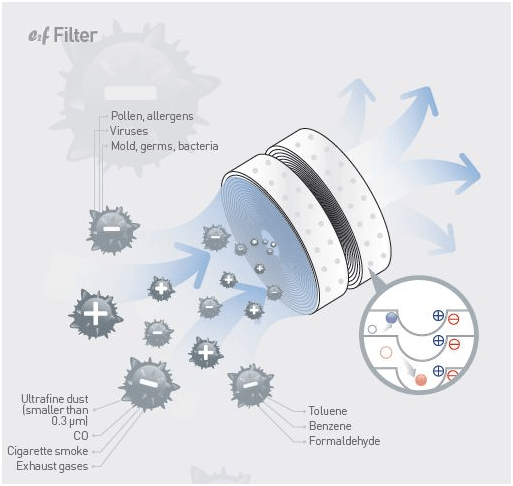The Future Of Home Heating - Exactly How Heat Pump Technology Is Developing
The Future Of Home Heating - Exactly How Heat Pump Technology Is Developing
Blog Article
Write-Up By-Merritt Ringgaard
Heatpump will certainly be a vital modern technology for decarbonising heating. In a situation consistent with federal governments' announced energy and environment commitments, their worldwide capacity doubles by 2030, while their share in home heating rises to one-quarter.
They function best in well-insulated homes and count on electrical power, which can be provided from an eco-friendly power grid. Technical advancements are making them a lot more effective, smarter and less expensive.
Fuel Cells
Heat pumps utilize a compressor, refrigerant, coils and fans to move the air and warmth in homes and appliances. They can be powered by solar power or power from the grid. They have actually been gaining popularity because of their low cost, quiet procedure and the capacity to generate electrical energy throughout peak power demand.
Some firms, like IdaTech and BG MicroGen, are dealing with gas cells for home heating. https://nypost.com/2021/10/19/oberlin-college-student-scared-after-cisgender-male-contractors-brought-in/ can change a gas central heating boiler and produce some of a house's electrical requirements with a connection to the electrical power grid for the remainder.
Yet there are reasons to be doubtful of using hydrogen for home heating, Rosenow states. It would certainly be expensive and inefficient compared to other innovations, and it would add to carbon emissions.
Smart and Connected Technologies
Smart home innovation enables homeowners to link and control their tools remotely with making use of mobile phone apps. As an example, smart thermostats can learn your heating choices and instantly adjust to maximize energy consumption. Smart illumination systems can be managed with voice commands and immediately switch off lights when you leave the room, lowering power waste. And clever plugs can check and handle your electrical usage, permitting you to recognize and restrict energy-hungry devices.
The tech-savvy house depicted in Carina's meeting is an excellent picture of how occupants reconfigure area heating techniques in the light of brand-new smart home technologies. They rely on the gadgets' automatic functions to execute day-to-day modifications and concern them as a hassle-free methods of conducting their home heating practices. Because of this, they see no factor to adjust their practices further in order to allow adaptability in their home energy demand, and interventions aiming at doing so might deal with resistance from these homes.
Power
Since warming homes make up 13% people emissions, a button to cleaner choices might make a big distinction. Yet the innovation encounters obstacles: It's costly and requires substantial home renovations. And it's not always suitable with renewable resource resources, such as solar and wind.
Up until just recently, electrical heat pumps were too pricey to compete with gas designs in a lot of markets. However new innovations in style and materials are making them more budget-friendly. And much better cold climate efficiency is enabling them to function well even in subzero temperatures.
The following step in decarbonising home heating might be the use of warmth networks, which draw heat from a main resource, such as a close-by river or sea inlet, and disperse it to a network of homes or structures. That would reduce carbon exhausts and permit households to make the most of renewable energy, such as eco-friendly electrical energy from a grid provided by renewables. This alternative would certainly be less pricey than switching over to hydrogen, a fossil fuel that needs new framework and would just minimize CO2 exhausts by 5 percent if paired with enhanced home insulation.
Renewable resource
As electrical power rates drop, we're starting to see the same fad in home heating that has driven electrical automobiles right into the mainstream-- however at an also quicker pace. The solid environment instance for impressive homes has actually been pushed even more by new study.
Renewables represent a significant share of contemporary heat consumption, however have been given restricted policy focus internationally contrasted to various other end-use markets-- and also much less focus than power has. Partly, this shows a mix of customer inertia, split rewards and, in numerous nations, subsidies for fossil fuels.
New modern technologies can make the change simpler. For example, heatpump can be made a lot more energy efficient by replacing old R-22 refrigerants with new ones that do not have the high GWPs of their precursors. Some experts additionally visualize area systems that attract heat from a close-by river or sea inlet, like a Norwegian fjord. https://andrevqkey.blogoxo.com/29444012/checking-out-the-ecological-benefits-of-heat-pumps-a-sustainable-heating-solution can after that be used for heating & cooling in an area.